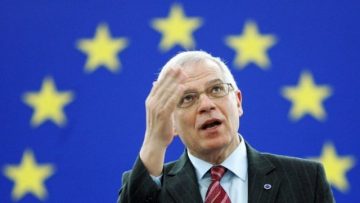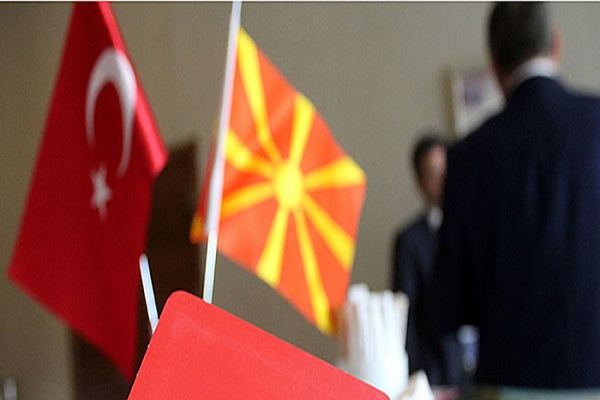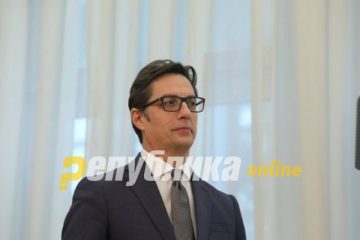There is still no official word, either from the Macedonian Government or from Turkey, in explanation to a comment made by European diplomatic chief Josep Borrell. Speaking about the sanctions imposed on the Turkish TPAO oil company, Borrell said that all EU member states will uphold them, but so will most EU candidate countries and allies, and in this he specifically named Macedonia.
The sanctions are the result of a spat between Turkey and Cyprus over rights to explore for oil and gas in the Mediterranean. Cyprus, supported by its patron Greece, Israel and oil companies from France and Italy is staking a claim to the potentially gas rich waters, but Turkey is conducting its own surveys. This prompted Greece and Cyprus to push for EU sanctions, which eventually resulted in an action against two TPAO managers.

While the move is largely symbolic, it could force countries like Macedonia to choose. “Republika” asked the office of interim Prime Minister Oliver Spasovski to confirm whether Macedonia is imposing sanctions on the Turkish petroleum officials, but so far there is no response. Late last year Macedonia aligned itself with the decision of the European Council to create the mechanism that was later used to sanction the two men.
Macedonia has traditionally close and very friendly ties with Turkey, which stood by us during the long name dispute with Greece. Turkey supported Macedonia’s NATO membership while Greece blocked it and grew into one of the main trade partners of Macedonia. Turkey also has significant political and cultural influence over Macedonia, especially the Muslim minorities.
It didn’t help that some in the successive Greek governments portrayed the Prespa treaty, which imposes requests on Macedonia to rename and redefine itself, as a move that will free Greece’s hand in the north and allow it to focus more firmly on the east. The treaty was presented, especially by the Tsipras Government, as a move that closes a smaller front to allow Greece to confront Turkey. And under Kyriakos Mitsotakis, the two countries are propping rival factions in Libya and as of recently, Turkey stopped policing its border allowing thousands of migrants to attempt to cross into Greece.
Enter the coronavirus epidemic and Macedonian President Stevo Pendarovski. Faced with an initial ban and serious difficulties in procuring medical equipment from Europe, Macedonia has turned to a number of countries like Brazil, Israel and, chiefly, Turkey. But Turkey also banned exports. Pendarovski, who has referred to Erdogan as an autocratic, authoritarian leader in the past, announced that he is in talks with Erdogan’s office to have Macedonia exempt from the ban, but is apparently not making much progress.
Unfortunately, the friendly Turkish state has, for understandable reasons, banned the export of respirators, Pendarovski told the Turkish Anadolu Agency.
Turkey is ramping up respirator production and has even been able to send large shipments of medical aid to hard hit countries likes Italy and Spain. Depending on how the epidemic progresses, there is a danger that Macedonia will pay dearly for the cooling of traditionally close ties with Turkey.






Comments are closed for this post.